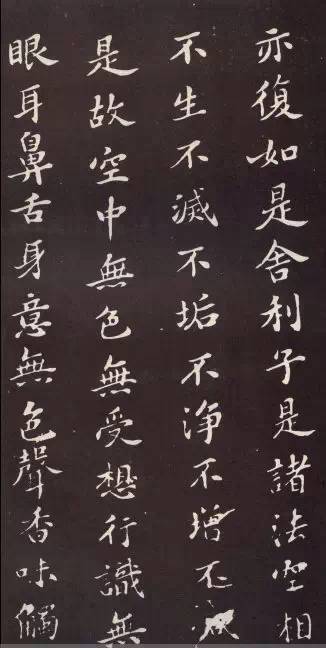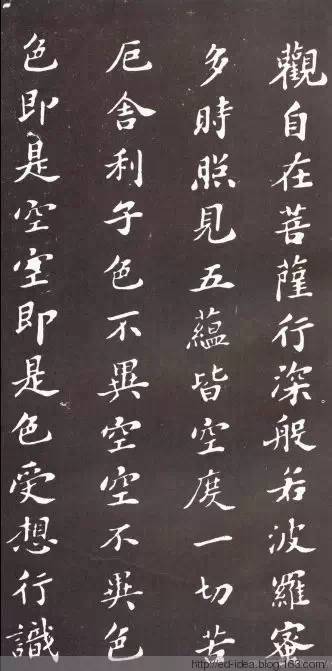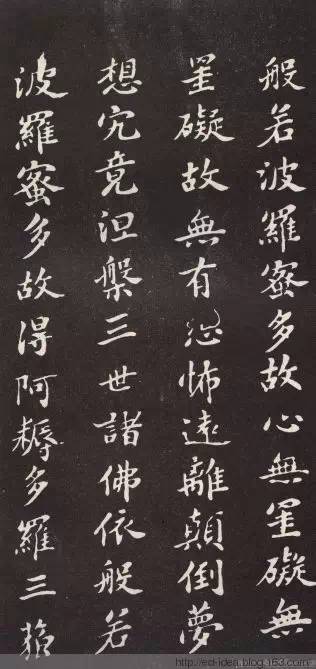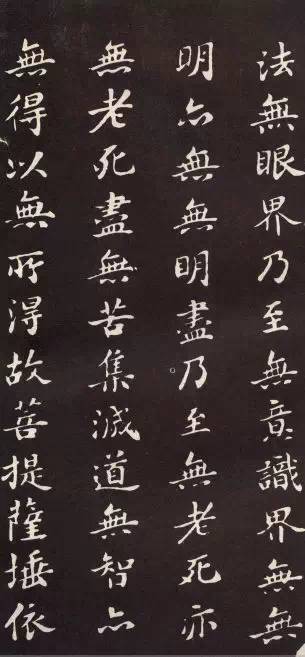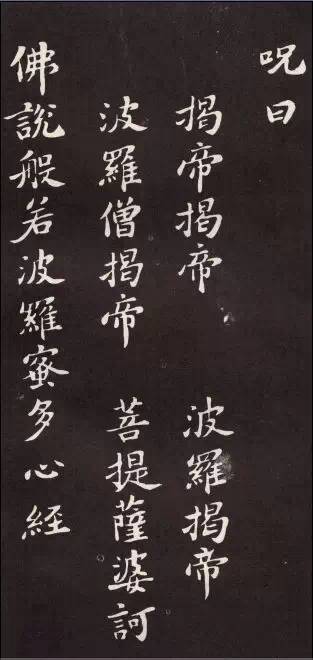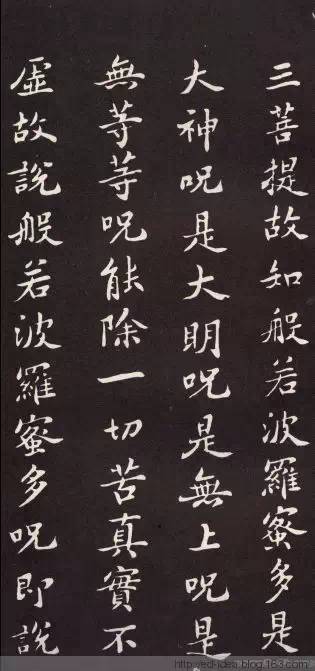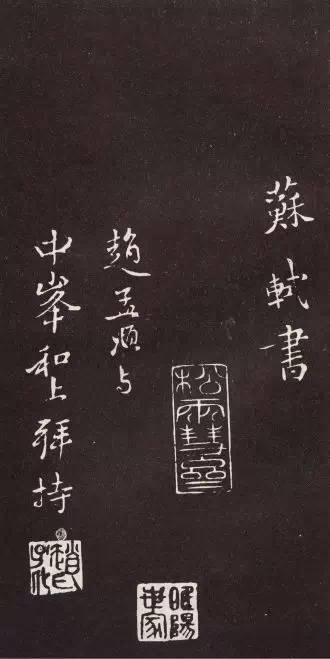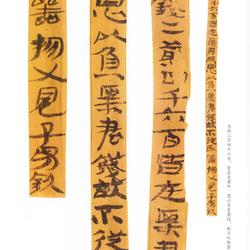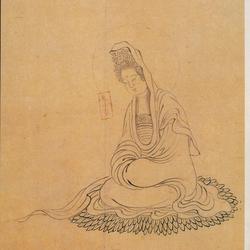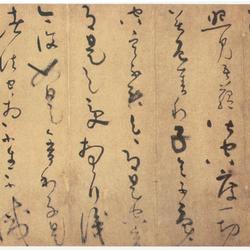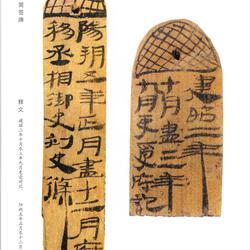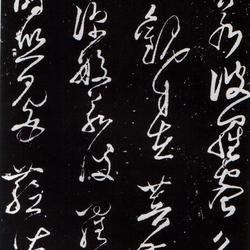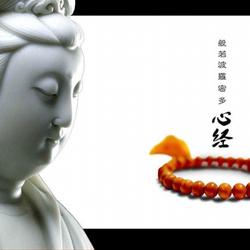Su Shi (1037-1101), courtesy name Zizhan, also known as Dongpo Jushi, was a native of Meishan, Sichuan. A famous writer, calligrapher and painter in the Northern Song Dynasty. He is one of the eight great poets of the Tang and Song dynasties. Su Shi has little reputation for talent and is knowledgeable in classics and history. In the second year of Song Jiayou's reign (1057), he became a Jinshi, served as an official of the Ministry of Rites, and a bachelor of the Hanlin Academy. He had a rough life and was demoted and exiled many times. He was highly regarded during the reign of Emperor Shenzong of the Song Dynasty. However, due to the old and new party disputes, he was repeatedly demoted and served as a local official in Hangzhou, Mizhou, Xuzhou, Huzhou and other places. He was also imprisoned for writing poems that "slandered the government." After being released from prison, he was demoted to Huangzhou. After several ups and downs, he was demoted to Huizhou, Qiongzhou, and finally moved to Danzhou (now Danxian County, Hainan). From then on, he adapted to the circumstances and lived a life of reading and painting in his later years. It was not until the third year of Yuanfu (1100) that Song Huizong came to the throne that he was pardoned and returned to the north. He died in Changzhou in July of the first year of Jingguo's reign (1101). Su Shi was an upright, broad-minded, and talented person. In addition to poetry and prose, he was also good at calligraphy and painting. Together with Cai Xiang, Huang Tingjian, and Mi Fu, he was known as one of the "Four Masters of the Song Dynasty." When he talked about his calligraphy creation process, he said: "The method of writing calligraphy requires shallow knowledge and narrow learning. In the end, the three cannot be perfect. I can achieve it with my mind, my eyes and my hands." He also said: "I can't create the original meaning of calligraphy. The dot painting is written by Xin Shu." He focused on writing "meaning" and expressed his feelings in the dot paintings written by "Xin Shu". Su Shi's calligraphy seems plain and simple, but there is a vast atmosphere, just like his profound knowledge, the dragon's changes are unpredictable. He is good at running script and regular script, and his writing style is full of flesh and bone, with natural ups and downs, giving people the artistic beauty of "the atmosphere of the sea and wind and waves" and "the shape of ancient trees and strange rocks". Su Shi's calligraphy was highly praised by later generations. Huang Tingjian said in "Valley Collection": "His writing is charming... When he is drunk and dissolute, he forgets about his craftsmanship, and his handwriting is particularly thin and vigorous... As for his writing style, which is round and rhyming, he can use his articles to make the world wonderful, and his loyalty runs through the sun and the moon. "Zi Qi, the best book in this dynasty, I should recommend (Su) as the first." Dong Qichang of the Ming Dynasty praised him highly for "using the full front, which is the Orchid Pavilion of Po Gong". The handed down calligraphy works include "Ode to Qian Chibi", "Poetry on Cold Food in Huangzhou", "Ode to Spring Scenery in Dongting", "Ode to Zhongshan Pine Mash", etc.
